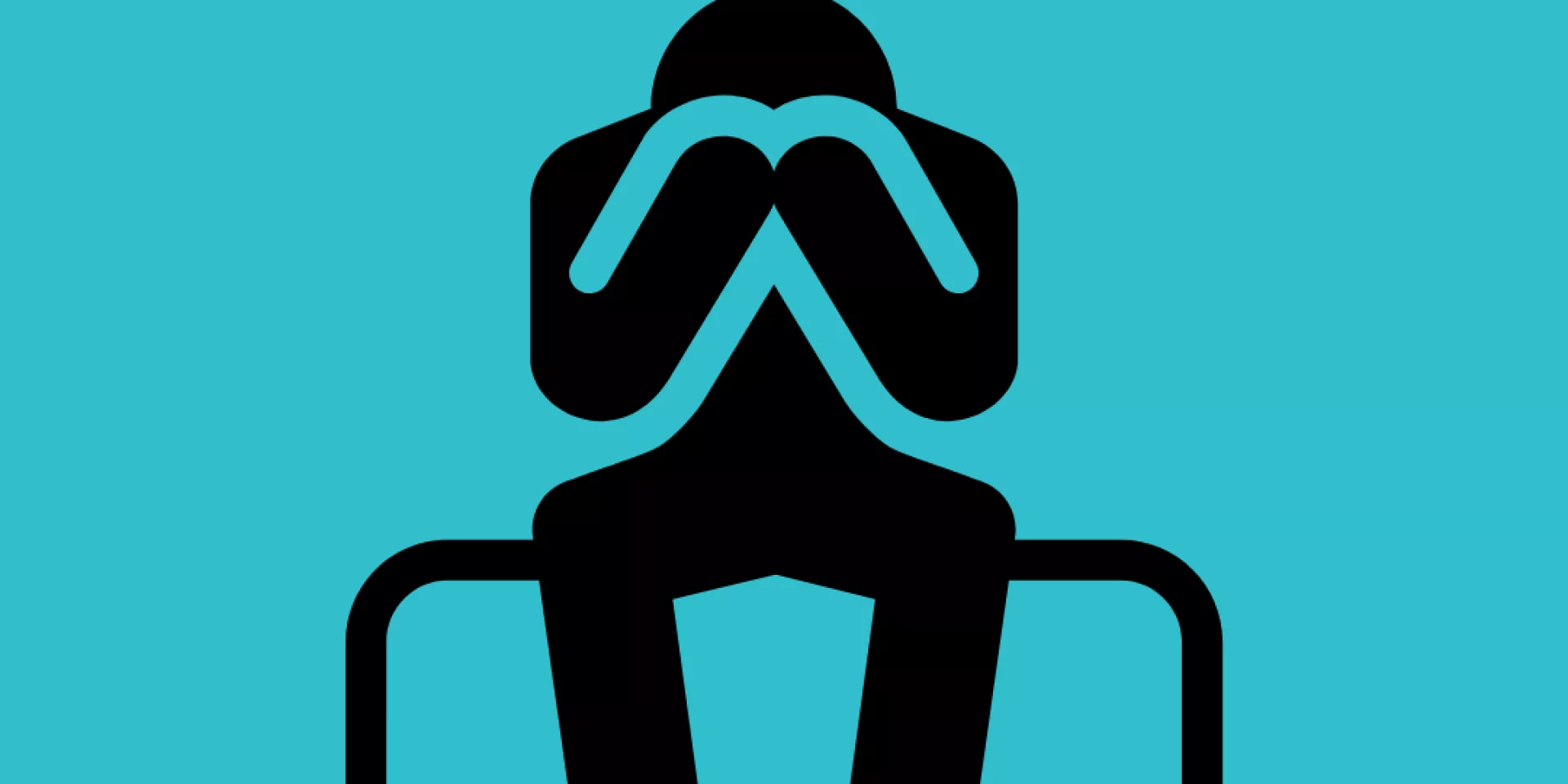Grief is the normal, and necessary, reaction to loss. It looks different for each of us, and depends on our level of attachment to the person, or things, that we’ve lost.
Some of the losses we have been experiencing lately are huge (health, financial security, time with friends and family), and some are less obvious (sense of predictability, human touch). But their value, and level of corresponding grief, will be determined by their importance to us.
In my work, I have had people describe how lost and angry they have felt by the closing of a beloved local coffee shop. At first glance, this doesn’t sound like much—until you realize the significance of this coffee shop as a place for daily companionship, belonging and community. People are describing to me their multiple losses, as they are experiencing them.
Losses can be cumulative
Losses can also be layered, and compounding. Most of us will be experiencing this now—one loss on top of another, before really having the chance to deal with any one of them. This can leave us overwhelmed, and unsure of where to even start.
Sometimes grief can sneak up on us. It may not be until pandemic restrictions start relaxing, as they slowly are now, that we become aware of felt losses to our daily life. We also start to realize that moments of anger, grumpiness, or lethargy (not just sadness), might actually be grief responses to these losses.
After all, grief will surface one way or another.
Grief is about releasing
Consider grief as a tool for moving through losses. Experts tell us that there are many different types of grief, and at least six stages to grief. But there is no formula or ‘one-size-fits-all’ for coping with losses. The goal is to find a process that lets us safely release these losses.
If you need help with that process, here are three tips that might be useful:
1. Name and acknowledge the losses
It can be very liberating to understand where emotional reactions are coming from and then naming them. Next time you are struggling with a strong reaction (think anger, defeat, or overwhelm) ask yourself what losses you are carrying right now. You might find a connection there. Name your reaction as grief, and recognize it as a normal part of dealing with loss.
2. Allow yourself to grieve
Give yourself permission to go through the processes necessary to grieve and release. Again, this will look different to each of us. These could be creative expression, talking to someone, faith-based ceremonies, telling stories, self-care, laughing at memories, time in nature… Supportive counselling can be especially valuable here. Don’t hesitate to reach out for help with grief and loss.
3. Make use of your strengths
Most of us have gone through some kind of transition in the past—moving, starting a new job, a relationship breakup, graduating school, losing a loved one, retiring. Remember how you got through those moments. Then use those same strengths to get you through these losses as well. You’ve done it before, you can and will do it again.
Taking care of grief is vital to our mental health. Waiting for the pandemic to end so life can return to ‘normal’ will not erase the losses we have incurred. Acknowledging and moving through our layered losses now will help us to be ready and healthy for the better times ahead.
What losses need your attention today?
Lois Didyk, MSW, RSW, is a social worker with Michael Garron Hospital Mental Health Services. She has worked for the past 30 years with Community Outreach Services and more recently, with the Mental Health SCOPE Program.
